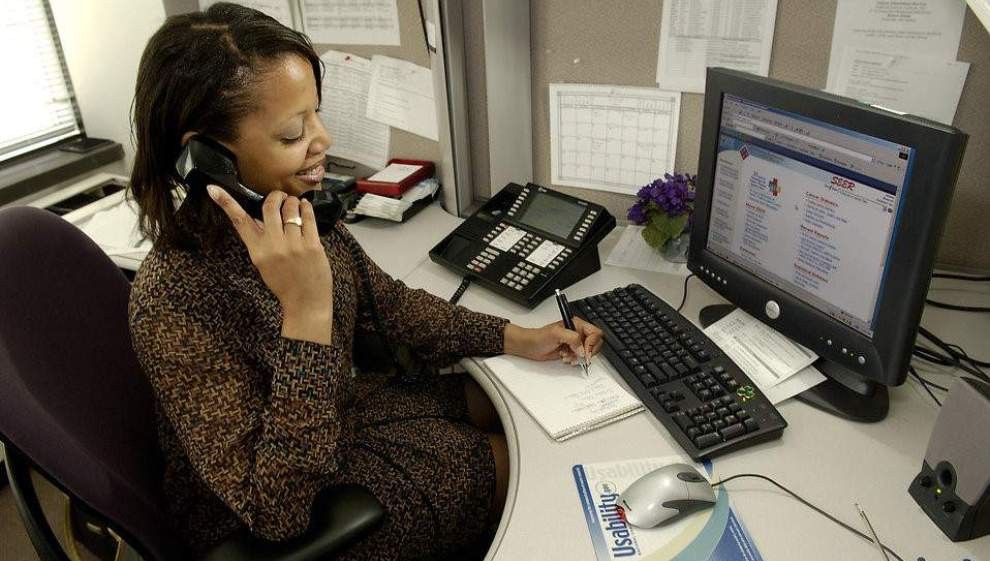Invoice factoring is the process of selling the rights to collect on an invoice to a third party. The collectors who buy the invoice may pay anywhere from 30% to 80% of the value of the invoice depending on how old it is, the total amount of the invoice and the terms of the invoice. However, invoice factoring isn’t for everyone and some industries might benefit from it more than others. In this article, we’re going to examine the pros and cons of invoice factoring for small businesses.
Preconditions for Invoice Factoring
Before you can implement invoice factoring for your small business, you must have formal purchase orders and invoices issued by your business. A purchase order indicates the buyer, the items sold, and the agreed prices. These are generated when the customer places the order to buy something.
An invoice is sent to the customer with the date of shipment, the delivery date (if different from the shipment date) and payment terms. Unless the items are sold with up-front payment, your invoice needs to show the payment terms for your product. Many invoices state that payment is due within two weeks or a month of receipt of the invoice, and some detail the increased fees that will be due if someone pays late.
Purchase orders and invoices may not have the exact same dollar amount on them. For example, purchase orders may record the down payment for the inventory while the invoice demands payment for the remaining balance.
Standing purchase orders let a company order the same product several times with the same purchase order; in this case, they need to be sent an invoice with each delivery. As a business owner, you will need to properly track shipments and invoices in order to be able to benefit from invoice factoring.
Pros of Invoice Factoring
Invoice factoring for small businesses lets you get some money from the unpaid invoices in contrast to the possibility the person may never pay or only pay a fraction of its value. And you get money for the invoice without having to pay legal fees to go to court to sue them for the amount owed.
It is common to get cash for the invoices in less than two weeks, and in some cases, one or two days. Better yet for planning purposes, you can have a set schedule of when you clear the past due invoices. You get money on your schedule and according to your own requirements as you sell the past due invoices instead of on the schedule the customer can afford to pay on.
Using invoice factoring can generate a reliable source of cash, and can be considered an option as long as you have legally binding contracts with the customers. You don’t have to have a credit check in order to use invoice factoring, so your personal credit and business credit are irrelevant.
Another benefit of invoice factoring is that it turns money owed to the company into working capital without costing the company ownership control the way selling stock or a stake in the company would.
Invoice factoring allows you to limit the cost of debt collections by your own staff and lets you hand it off to professionals. This may help your business’ collect invoices more easily as customers will be more prompted to pay their invoices on time knowing that they will incur more severe repercussions if they don’t pay.
Cons of Invoice Factoring
One of the disadvantages of invoice factoring is that you never receive 100% of the amount owed when you use it. You are paying for the convenience of not having an invoice reach its past due time to access liquidities.
Financing costs are usually 20% or more with invoice factoring. The factor will depend on the quality of the receivables. The more big clients you have, the lower the percentage they charge. The more desperate small business in the group of invoices, the less you’ll receive from the third party collectors.
If your profit margins depend on receiving a set amount for your products and you’re constantly resorting to invoice factoring, you are losing money – and your profit margins need to be adjusted accordingly. Conversely, you probably need to drop customers who are constantly slow to pay or alter the terms of your invoices so you don’t rely on invoice factoring as often.
Conclusion
If your company already uses purchase orders and invoices, you can benefit from invoice factoring as long as the terms and conditions are made clear to your customers. Invoice factoring will allow you to raise capital quickly and on your schedule, but you pay a literal price doing so.
Also note that your customers may be reluctant to directly pay invoice factoring companies, but they may start paying more reliably if they know the invoices will go to collections if they don’t pay in a set period of time. Invoice factoring should not be used too often as it may eat into your profit margin, but can be the perfect solution for starting businesses in desperate need of cash flow.












Add Comment